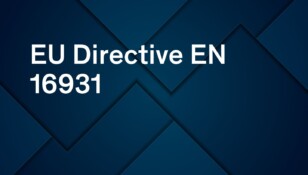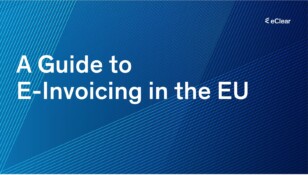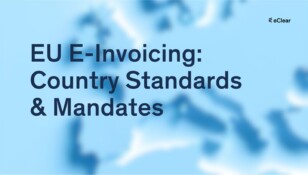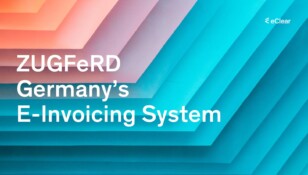The Polish VAT
Poland became a member of the European Union (EU) in May 2004. The zloty (PLN) is the official currency in Poland. A value-added tax has existed since 1993, but to harmonize Polish regulations with EU law, this was implemented with a corresponding legislative reform, the Polish VAT Act (adopted on 11/3/2004). Turnover tax in Polish is “Podatek od tomaròw i uslug”. The Polish Ministry of Finance (Ministerstwo Finansów) is responsible for tax issues.
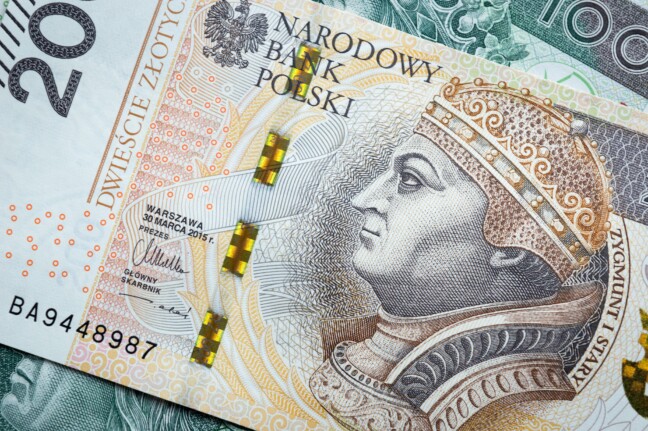
The tax rates in Poland
Stawka podstawowa (Standard tax rate): 23%
Stawki obniżone (reduced tax rate): 8% (for example, for processed food, goods related to agricultural production, health care, services related to culture, sport, recreation, household services, passenger transport and construction services) or 5% (e.g., certain foodstuffs, hygiene articles, books, periodicals).
Stawka 0% (Zero rate): 0% (certain transport services)
Note: Information on special regulations regarding tax rates, also in connection with the Corona pandemic, is explained here.
Input tax refund
Mainly when companies operate across borders, they also have to pay VAT. Then, of course, the question of input tax deduction arises. Suppose a company from Germany has registered for VAT in Poland and has also paid Polish VAT based on invoices from companies in Poland. In that case, the input tax can be claimed accordingly in the VAT assessment in Poland. Suppose a company from Germany has paid VAT in Poland and is not registered there. In that case, the input tax refund procedure can be considered for reimbursement. Further information on the Polish input tax refund procedure can be found here.
Declaration obligations in Poland
Businesses in Poland must also comply with strict declaration obligations – including regular VAT returns and advance VAT returns. The declarations must be submitted electronically, and the “SAF-T Standard Audit File Tax” system is used for this purpose. Those who do not comply with their declaration obligations must expect considerable penalties.
Businesses must also comply with record-keeping requirements for VAT transactions. The Polish tax authority provides detailed information in English on keeping records of VAT transactions and submitting tax returns.
Services to a business in Poland (B2B)
Regarding other services to a business, according to § 3a paragraph 2 UStG, the so-called reverse-charge procedure applies. This means that the German company does not charge VAT but must refer to the change of tax liability in the invoice and state its VAT identification number and the VAT identification number of the company in Poland.
But be careful: In this context, recapitulative statements to the Federal Central Tax Office (Bundeszentralamt für Steuern, BZSt) should not be forgotten.
Deliveries of goods to companies in Poland (B2B)
Suppose there is an intra-Community delivery of goods (§ 6a UStG) from a company in Germany to a company in Poland. In that case, the German company does not have to pay VAT, and the company in Poland must pay tax on the purchase. The prerequisite for this is that the goods are delivered or dispatched to Poland; the recipient is a VAT-liable business in Poland and uses a valid VAT identification number vis-à-vis the company in Germany.
Services to private individuals (non-business) in Poland (B2C)
Suppose a company from Germany provides other services to private customers in Poland. In that case, German VAT must generally be shown (§ 3a paragraph 1 UStG). However, in the case of telecommunications, radio and television services as well as electronic services (Section 3a (5) UStG), the country of destination principle applies – i.e., in principle taxation in Poland (note: delivery threshold 10,000 euros, see the following explanations).
Deliveries of goods to private persons (non-business people) in Poland (B2C)
For deliveries of goods to private customers in Poland, VAT must always be shown and paid in Poland. The company must then register accordingly in Poland. However, suppose only a small number of goods is supplied to private individuals in Poland. In that case, there is a simplification. Since 1 July 2021, an EU-wide supply threshold of 10,000 euros applies here (until 30 June 2021, the de minimis threshold for Poland was 160,000 PLN). If this threshold is not exceeded, taxation takes place in Germany. This threshold also applies to other services according to § 3a paragraph 5 UStG – i.e., electronic services, telecommunications, radio, and television services. However, the business can waive the application of the supply threshold (§ 3c paragraph 4 UStG).
Note
Special VAT rules apply to various supplies of goods and services, e.g., for small businesses, flat-rate farmers, tax-exempt persons, certain other services according to § 3a paragraph 3, transport services (§ 3b UStG) and restaurant services (§ 3e UStG).
How VAT registration works in Poland
Companies must apply to the competent tax office to register turnover taxation in Poland. For companies that are not residents or have a branch in Poland, the “Warszawa-Śródmieście Second Revenue Office” is responsible. The authority also issues the VAT ID, and the application can be submitted in person, post or electronically.
Contact details:
Warszawa-Śródmieście Second Revenue Office
ul. Lindleya 14, 02-013 Warsaw
Tel.: 22 58 46 100
Note: Much of the information provided by the Polish authorities is in Polish. Communication with the authorities is also usually in Polish. Companies from EU member states are not obliged to appoint a fiscal representative. However, in the event of language difficulties, it may be helpful to seek assistance.

Every standard rate, every reduction, every exemption
VATRules knows all the VAT rates you have to calculate in the EU-27 and UK and assigns them to your product groups.
Is the sale of goods taxable or tax-free? Which tax rate is applicable? — Regular, reduced or super-reduced? Which exemptions and re-exemptions apply?
VATRules applies this tax content in your ERP or shop system. Article-specific, always up-to-date, and all EU-27 (plus Norther Ireland).
Invoicing and mandatory electronic transmission in Poland
In Poland, too, invoices must be issued according to specific requirements. This applies above all to intercompany services.
The government of Poland has pushed “e-faktura” – also to combat VAT fraud. A corresponding bill has been passed. The Polish Ministry of Finance will inform about the consequences in November: From 2022, businesses will be able to send e-invoices voluntarily. This is supposed to be worthwhile for companies: Those who send electronic invoices benefit from faster VAT refunds. The refund period will then be reduced from 60 days to 40 days. The invoices will be stored in the Ministry of Finance’s database. This should also simplify the storage obligations of companies. From 2023, electronic invoicing will even be mandatory.
You can find more information here (in Polish).
Simplified VAT reporting: the EU One-Stop-Shop procedure
With the One-Stop-Shop procedure, online merchants can benefit from a simplification: Instead of registering in different countries for VAT purposes, the One-Stop-Shop (OSS) can be used. All reporting obligations and payment obligations are handled centrally at a single location.
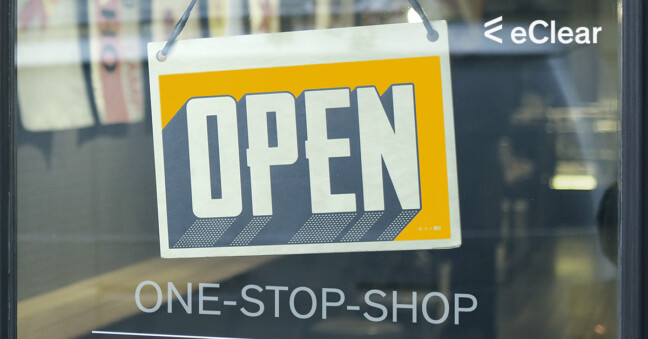
Special characteristics of communication with Polish authorities
Communication with the Polish tax authorities takes place almost exclusively in Polish. Companies should therefore seek support from a professional translator. Help is also offered, for example, by the German-Polish Chamber of Industry and Commerce with the following services:
- Application for the Polish VAT identification number
- Legal support of the registration procedure
- Translation of all necessary documents German-Polish
- Providing a fiscal representative in Poland
- Assistance with the input tax refund procedure
Additional links
- Information from the Polish administration: https://www.podatki.gov.pl/vat/abc-vat/procedury/zwrot-vat-podmiotom-zagranicznym/
- Comprehensive, official information on the Polish “VAT”: https://www.podatki.gov.pl/vat/
- There are several ways to contact if you have questions about VAT, for example about electronic tax returns. The website https://www.gov.pl/web/finanse/dane-teleadresowe lists (in Polish) various hotlines.


